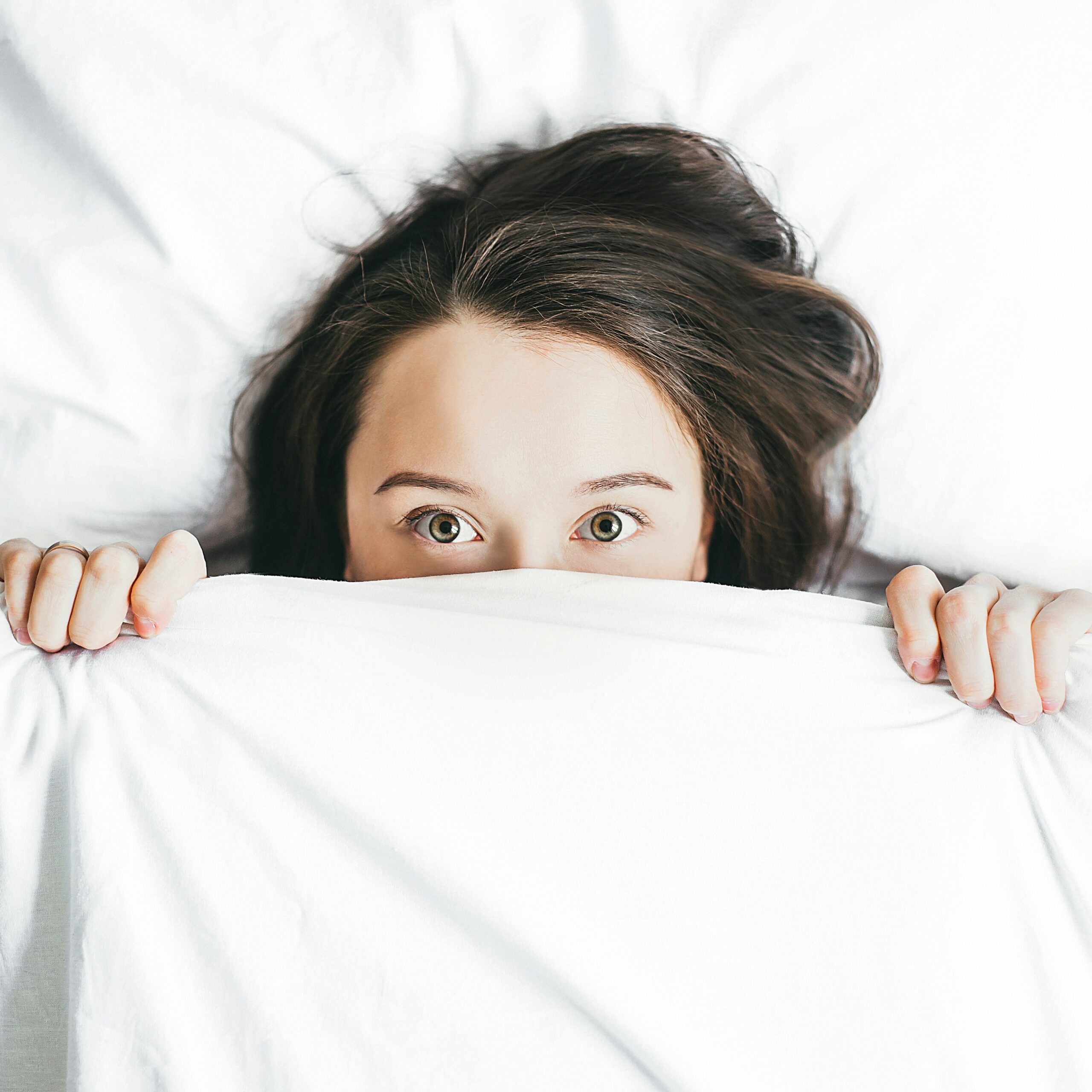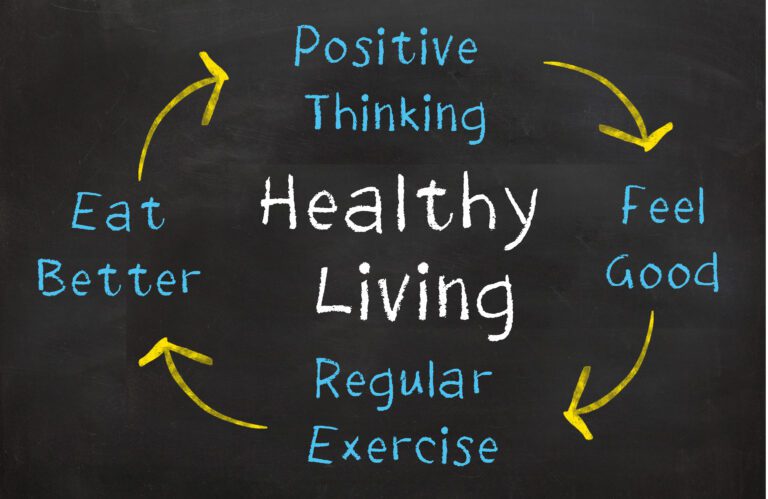10 Ways to Destroy Insomnia When You Have Bipolar Disorder
*Photo by Alexandra Gorn on Unsplash
Insomnia is annoying. If you live with bipolar disorder, too little sleep can potentially trigger a mood episode. Those of us living with bipolar disorder will have issues with sleeplessness at some point in our lives.
Insomnia plagues a large portion of the population and is hard to combat. It is hard to deal with and can be quite frustrating.
There are some tricks and techniques I have tried throughout the years to get better sleep each night. I would like to share these ideas with you today. Remember, these are just suggestions, but try a few of them, and see if they provide any relief.
10 Ways To Reduce Insomnia When You Have Bipolar Disorder
1. Maintain a Consistent Sleep and Wake Schedule
If you are looking to manage your bipolar disorder, it is absolutely imperative that you protect your sleep. You do this by keeping a consistent sleep schedule.
Try to get to bed at the same time each night and wake up at the same time each morning. I know this can be difficult if you have insomnia. However, over time you should see a difference by implementing this sleep and wake schedule. If you do not see improvement, I would suggest trying more of the recommendations on the list.
Please try to protect your sleep. If you do not get enough sleep, you can inadvertently trigger a manic episode. I have even heard of it triggering a depressive episode – although, this has never happened to me.
Protecting your sleep is one of the most important ways to create and maintain stability.
2. Take a Hot Shower or Bath Before Bed
Taking a hot shower or warm bath right before bed can help calm your nerves.
Have you ever taken a hot shower or bath during the day and felt tired afterward? The whole idea is to get your body prepared to get to sleep. It is a way to physically trigger your body into rest mode.
I have friends who do this every night before going to bed. It is just part of their routine to stay stable and healthy. You should try it out and see if it works for you.
3. Meditate Regularly
Meditation is a proven technique to reduce anxiety and calm the mind.
In today’s digital age, meditation is literally accessible to everyone. You used to have to meditate in person with a specific instructor or by yourself. Now, you can simply Google “meditation” for a specific time, such as “10 minutes.” There are also apps you can download, some of which are free, while others cost money to purchase and use.
If you struggle with insomnia, you know your mind can get stuck in an endless loop of thoughts. Utilizing a strategy such as meditation to reduce anxiety will help slow down your mind. See if this is something that will work for you.
4. Start a Yoga Training Program
Have you ever tried yoga?
Not only is yoga a great form of exercise, but it is a fantastic way to center both your mind and body. I am a firm believer in the mind-body connection. Since bipolar disorder is an illness of the brain, and the brain is connected to the rest of our body, it makes sense to give yoga a shot.
There are yoga classes specifically focused on meditation and rehabilitation. I have participated in many of these “restorative” yoga classes. For me, they seem to provide the best benefit for reducing insomnia. Generally, they are offered in the evening. They are not like a normal workout, but they are geared toward putting your body in a state of relaxation.
Some individuals participate only in a yoga training program. Others use it as an adjunct to a normal training schedule. If you have not tried yoga, I advise you to try it for yourself today.
Disclaimer: please consult your doctor before starting any workout plan.
5. Do Not Eat After 6 p.m.
When you consume food, your body initiates various digestive functions. Having this process go on while you are trying to go to sleep is counterproductive. By not eating after 6 p.m., you give your body time to complete the digestive process and calm down for the night.
I am sure you have experienced eating something and going right to sleep. You know how it feels – it does not feel good! Remember, listen to your body.
Try this suggestion to see how it impacts you.
6. Do Not Consume Caffeine After Noon
If you drink coffee, try your best not to consume any caffeine after noon. If you need to, try to drink the smallest amount to feel fulfilled.
Some people need their coffee to function during the day. If this is you, please try to stop your coffee consumption by the end of the morning.
Many individuals feel a lull in energy in the afternoon. Try your best to get through it without coffee. For example, instead of drinking caffeine, get up and go for a brisk walk.
7. Do Not Work Out Before Going to Bed
I am a huge proponent of exercise. Exercise has so many positive benefits. For example, exercise:
- Reduces your blood pressure.
- Floods your body with endorphins, thus improving your mood.
- Reduces body fat.
- Improves sleep hygiene.
- And many more.
Remember: Exercise should never replace your medication. Instead, exercise should contribute to your overall treatment plan to manage your bipolar disorder.
When you work out, your heart rate goes up, and blood pumps faster throughout your body. As a result, your body “wakes up” and is primed for action. This will not help your insomnia when you work out right before bed.
Instead, allow a two-hour window from the end of your workout to when you go to bed. This minimum two-hour threshold will give your body the opportunity to slow down and come to a more homogenous state of calmness.
Some individuals do not have the luxury of following this suggestion because of work or other obligations. If this is your case, try one of the other ideas on the list. If you cannot attempt this idea now, maybe have a go at it in the future.
8. Reduce Nighttime Screen Time
Nighttime screen time is a huge contributor to insomnia. With the inception of cell phones, computers, and electronic notebooks and tablets, our society feels the need to be plugged in 24/7. These electronics have a blue screen that triggers your brain to wake up. So if you want to get some sleep, try staying off the electronics to see if that helps.
If you cannot stay off your computer, notebook, tablet, or phone, at least try to limit your usage at night, and give yourself some distance between unplugging your device and turning the lights out for sleep.
9. Try Melatonin
Speak with your doctor first before trying any supplement or adding any other over-the-counter medication.
Melatonin is in your body and helps you to fall asleep. If you do not have enough melatonin in your system, you will have a problem falling asleep at night. By supplementing with melatonin, you provide your body the necessary amount to fall asleep. This should work if you do not have the proper amount in your body.
Melatonin comes in various dosages and forms, such as pills, sugar gummies, and liquid. The strength can vary anywhere from 1 mg to 10 mg. There is also a special pill form that has a coating of immediate delivery, followed by extended-release.
10. Speak with Your Doctor About a Sleep Aid
Speak to your doctor about options to help fight your insomnia. If you feel like you have tried everything, and nothing is working, speak to your doctor about the possibility of a sleep aid. Generally speaking, prescription-strength sleep aids are used in the short-term (i.e. around 7 days). Some individuals need to be on a prescription-strength sleep aid for longer, but 7 days is the general frame of time to help curb insomnia.
Sleep aids can be habit-forming, and some have unusual side effects. The best thing you can do is speak to your doctor about your possible options.
Last Thoughts
More than likely, you will need to adopt more than one way to help ease your insomnia. In other words, most people try more than one strategy to help them get to sleep each night.
For me, I help my son with his nightly routine. From there, I utilize a white-noise sound machine, aromatherapy, meditation, and, of course, my nightly medication.
Do you have any routines that you follow to help you sleep? I would love to hear more in the comments below!







